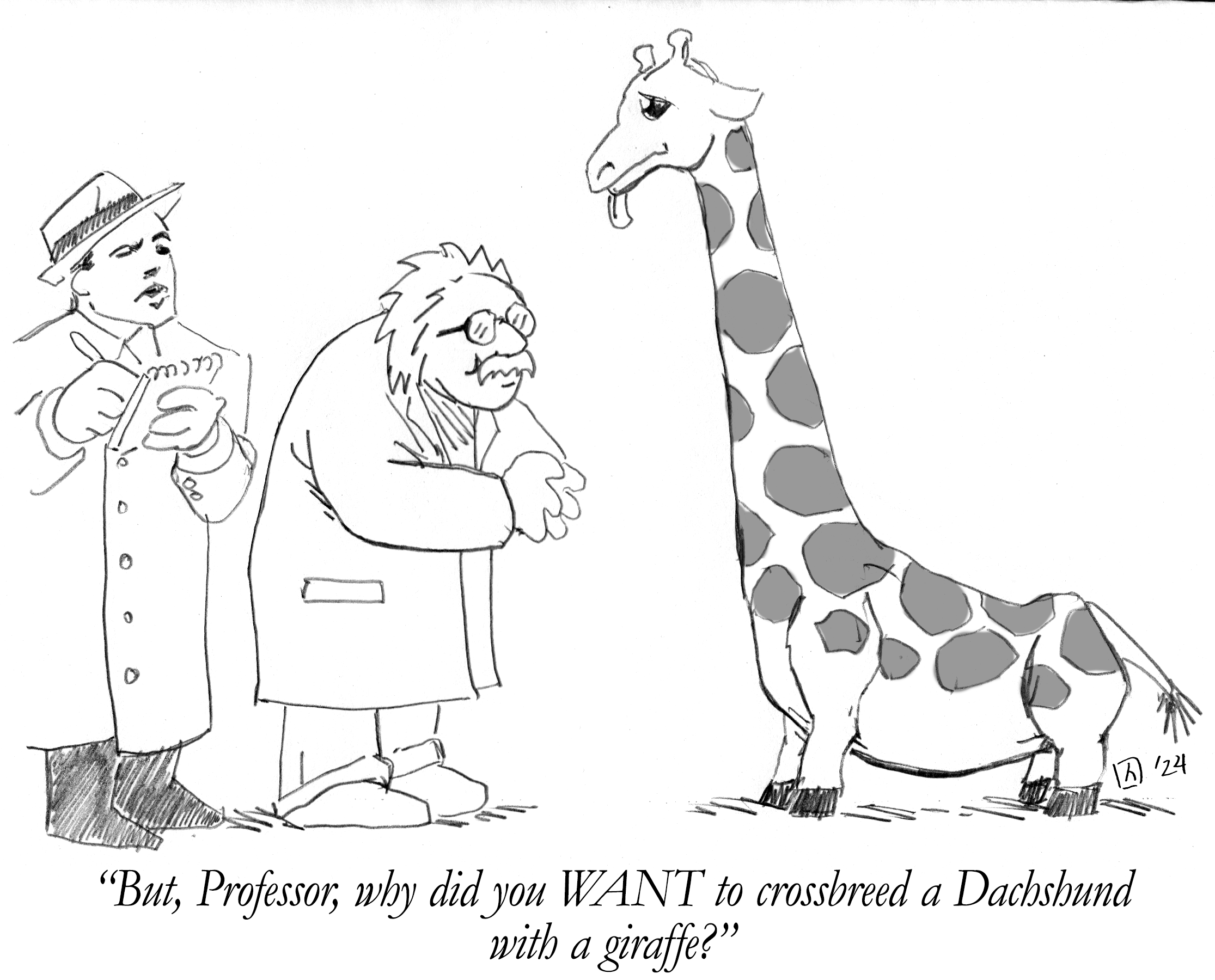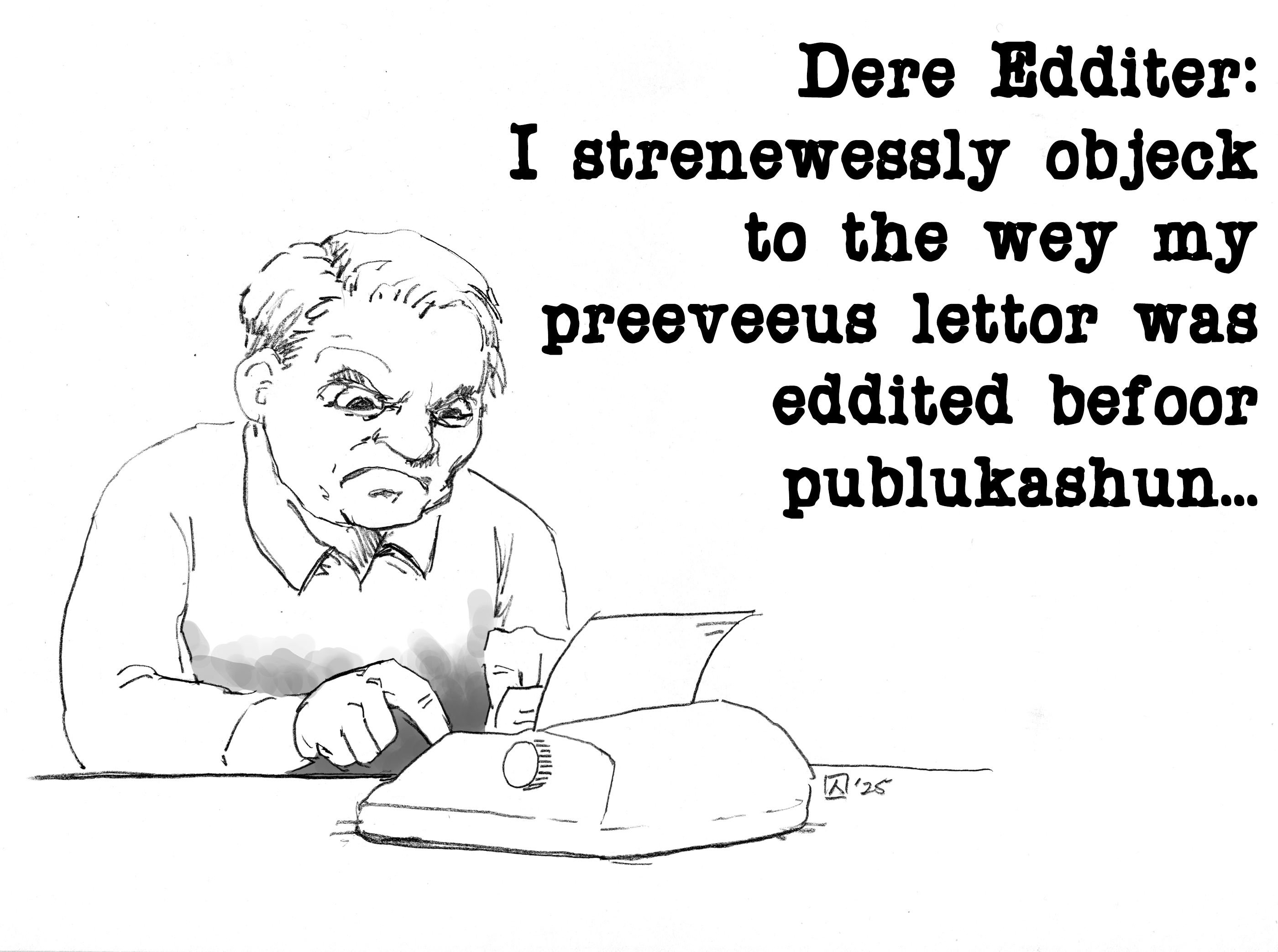What happened the last time you sat down next to someone on an airplane flight? As tempting as it is to zone out with the latest movie, imagine what it would be like if (after other pleasantries) you said to the person next to you, “Tell me about something you love—something you find to be especially beautiful, good, or true.” When was the last time you expressed that kind of interest in someone else’s passion? And when was the last time you yourself felt someone’s sincere interest in what you find amazing?
If you’re like most people, the answer is probably: “Oh wow — it’s been a while…”
Honest conversations about what we value most are becoming an endangered species in America today— especially between people with very different ideals and beliefs. Although living in the same country, we increasingly feel like isolated strangers that dare not speak our minds. Perhaps unsurprisingly, then, mutual trust has also plummeted along with our desire to work together on difficult problems. This series of essays aims to remedy that. Our dream is to see a serious movement of millions of fallible people seeking and sharing truth (as they understand it) in mutually persuasive heart-and-mind conversations that will build vital trust, if not consensus, among us.
That word “persuasion,” though, can feel scary. Ask yourself honestly: What (if anything) would persuade you to change (in whole or in part) your philosophy of life or your religion or your political affiliation or how you see your identity or your stance on other important questions? Think hard about it. Do really think (please) before reading on.
And, in the other direction, do you think and feel that you are in some way responsible to persuade other people to change their minds and come to see the truth (as you understand it) and act accordingly? Yes? No? If so, to whom are you responsible and why?
If not, are you perhaps honestly convinced that no one can know the truth about most of the really important issues? Do you feel that anyone that affirms any position or worldview as superior (in its accuracy or truth value or usefulness) is therefore merely being arrogant or fearful or maybe just trying to sell something?
How each of us answers these questions will say a lot, we believe, about whether we will be able to live together with integrity and sustain a healthy national community that withstands the tension of strongly contested beliefs and values.
Honest conversations about what we value most are becoming an endangered species in America today.
Now, to be clear, if you want to find ways to merely understand someone else better without triggering each other into fight or flight mode, there is more than enough help out there—with abundant guidance on how to become a better listener or engage in more empathic dialogue. Most books on dialogue, however, rarely ever venture into the territory of providing space for considering whether or not our various perspectives are actually true or not, and even more rarely do they encourage any kind of attempt to persuade each other to change our perspectives.
We would also suggest that more understanding and empathy alone will not resolve profound conflicts over beliefs and values that intelligent people hold with sincerity. Even with the most earnest, empathetic exploration, serious differences clearly remain—some of which may stretch our patience very thin. In the many matters where someone’s worldview prevails over another’s (at least until the next vote), how do the losers then feel about their community? Can they with integrity remain loyal ‘fellow citizens’ with people who are (from their perspective) so dangerously wrong about reality?
Welcome to the USA in 2020.
Not only do We The People disagree on many important things, we’re doing a pretty good job of driving each other nuts—with mounting suspicion, cynicism, distrust, and contempt in seemingly every direction.
We know what that feels like ourselves, as we also disagree on an array of important things—including the best economic order for society, the way sexuality is best expressed, the priority of science in adjudicating truth, the nature and destiny of humanity, the best movie ever made, and of course, who or what is God and how that should matter to people.
Seeing the wasteful diversion of well-intended human energy in societies, Randy has invested 30 years in building good-will-without-consensus between ideological opponents. His obsession is persuading people everywhere that peaceful tension between trustworthy rivals is the most important social goal in societies where truth is contested.
Jacob has lived his life based on what he holds to be the truth of his faith—a truth which is increasingly difficult to share openly without being automatically cast as “judgmental” or “bigoted.” And yet, Jacob has found lifelong friendships with people who disagree with him profoundly.
And Arthur often says that—as a libertarian-leaning Marxist, a theologically agnostic though mystically devout Christian, and a not-entirely-comfortably gay man—the front lines of the culture war run through his very soul.
And we’re not alone in our concerns. We presume the same (or something like it) goes for you. Ideas, beliefs and convictions matter—for all of us. And, most likely, all of us feel “under attack” (or at least vulnerable) in some way; and if even if we do not feel personally vulnerable, we probably have some cherished institution, some value, or even some loved one that we see as in danger of being destroyed. And because of that, conversations we’re having (or not having) also matter in real-life, vivid ways.
In our fears and legitimate concerns, it’s only understandable we’d want to avoid this kind of exchange—even as a way to protect ourselves (or our loved ones). While there are good reasons to do that on a personal basis at times, we’ll be making the case for why that can be problematic as a broader societal pattern.
Even so, the authors of this series of essays are not aiming for ‘peaceful co-existence’ among ourselves or as general social objective. Rather, we aim to engage each other as fully as we can, co-resisting as well as collaborating in our joint task of learning from and persuading each other. We are aiming for a fuller grasp of truth together. As we are both partners and rivals in this purpose, we expect to engage in honest contestation over our serious differences without destroying the peaceful tension of mutual trust that sustains our relationship in patience and good will. Indeed, this is our prescription for any flourishing pluralistic society today.
Together, we believe that these differences—especially when honestly engaged with—need not stand in the way of vibrant relationships of trust, respect and affection. If that sounds hard to believe, it might say more about where we are, than what is possible. We’re persuaded it’s time to face—with new courage and practical optimism—this problem of fear, mistrust, and contempt that has all but shut down the kind of open-hearted, honest conversation that allows us to heal and even thrive. Ready?
Choosing Between Two Different Worlds
Close your eyes and imagine, for a moment, living in a world where everyone with any personal conception of what is good, beautiful, or true stopped saying anything about it—at least in public. Imagine if, whether out of fear, apathy, or sheer lack of time, all those people just shut up. And they stopped putting out into the world what they felt most deeply about in their lives.
What would that world look like—and how would it feel?
Now open your eyes—and look around. Clearly, that “imaginary world” we conjured up for a moment was more than simply a thought experiment, given its strong resemblance to what’s already going on around us today. While opportunities exist to share hearts with closer friends, family, and neighbors, and while many are willing to share their ideas online with anyone who will listen, there are many others who don’t feel so sure—and, indeed, for whom sharing much of anything that matters at all (especially online) feels downright terrifying. If that’s true, and if many people have indeed stopped sharing what they believe to be good and true with those around them, what does that mean?
What fills the vacuum that this silence creates—and whose voices and what sort of arguments occupy the gaping hole left over? Those with the fewest scruples and strongest partisan interests, perhaps? Or those with the most well-funded soapbox, or with the most financial and social resources?
A few dominant voices shape the terms of public conversation and the ways many of us come to think about a wide variety of important questions.
Now, a second experiment: Imagine, this time, a world where the opposite were true, where everyone with any personal conception of what is good, beautiful, or true put that out into the world, in a variety of different forms. Whatever fear or apathy they may have felt at the prospect of doing so will melt away as they feel the satisfaction of sharing what is most deeply felt in their hearts and lives.
Glimpsing now this alternative universe, what does that look like? How does that feel?
As co-authors, whatever other differences there are between us, we are solidly in agreement that the second world (while sometimes challenging and painful) is a whole lot more interesting, invigorating, and illuminating a place to live in than the first—and, indeed, precious enough to fight to defend, preserve, and more fully realize. By comparison, we would argue that the first, more anemic, restrictive world is not just a more boring place, but also a more dangerous place for all of us, since ideas that are not necessarily true or good at all have a serious chance of exerting an oversized influence on public discourse.
And that, in a real sense, is the world most of us experience every day, all around us: a world where a few dominant voices shape the terms of public conversation and the ways many of us come to think about a wide variety of important questions.
Is that really the world we want to take for granted—”Oh well, what can you do?”—OR are there things we might be able to actually do together to counter these trends—things that can help us move towards something far better?
Here we must emphasize the fact that our society has become so diverse and intermixed in many places that there is no place to hide your truth under a bushel even if you wanted to. You might be content with The Truth that you have, but it will be bothersome to someone else sooner than later! Conservative or progressive, convicted, or ambivalent, we are all intertwined in a matrix of mutual influence that cannot be reasonably evaded. The only question is how, not if, you will influence others, and they you. These essays make clear that you are now forced by modern life to take responsibility for your influence on others and the influence you seek from them. Actively or passively we are all persuaders being persuaded.
We believe the other world where we’re so often scared to converse—however much it’s now crowding in around us—is not unavoidable, nor destined to be our inevitable future.
So how do we beat this virus of fear and apathy before it attacks our minds and hearts too intensely? In what ways might we reinvigorate our lively American experiment with more welcoming space for robustly contested truth claims and transparent efforts at mutual persuasion?
Seeing Persuasion as Pathology
“But, wait,” you might be saying to yourself, “haven’t we given enough—maybe too much—space to those with a desire to persuade everyone else already?”
Yes and no. If it’s how to win arguments or persuade others to vote the way you want them to vote—if you want to “market” yourself better, polishing the latest technique or secret to sell your vision or philosophy or belief system or product to the masses—you find more than enough help available already. Most books on persuasion center around how to do it better, and learn innovative new techniques to make sure the other person sees as you do. A smaller genre of books raises critical concerns about larger patterns in who’s being persuaded and how (“The Power of Persuasion: How We’re Bought and Sold”).
Either then, you may be eager for more techniques to persuade others better—OR on guard against those same techniques (“did you hear they can now target you with specific ads based on what you say to Siri?..how creepy!”) Broader partisan politics, along with social movements and religious agendas can also cause many to be wary of the role that “persuasion” plays in society. So intrusive, indeed, has the omnipresent marketing become—so relentless, and constant—that we suspect this is one of the reasons we have so little appetite for anything else. After all, when the 35th robo call of the week for an amazing hotel or health insurance deal of the century comes through, or the umpteenth political ad comes online, or yet one more person drops off a pamphlet or preaches on the airwaves telling us how to get to heaven— why answer the phone (or the door) or listen to radio at all anymore?
No wonder so many of us would rather have nothing to do with anything associated with that dirty business called persuasion: You live your life and I’ll live mine.
Think of it—no one telling you what to think or ‘sticking their nose in your business’ or dissing ‘your truth’—sounds pretty nice, right? Honest question: Could it legitimately be a good thing if we spend less time trying to persuade each other of anything, including what we hold to be true or valuable?
As titillating as that kind of privacy might sound to introverts and gamers among us (and as essentially vital as that might seem to those who see themselves as protecting themselves and their loved ones from disrespect or ideological aggression or even violence), imagine for a moment what it would actually mean for society as a whole if large numbers conclude that it’s a bad idea to try to persuade or convince anyone else to seriously consider changing their minds on something they feel deeply and strongly about. What would result if we relinquished any possibility of such persuasion, seeing it merely as a manifestation of ego or arrogance or disrespect (or worse)? What would that world actually look like—and how well would it actually function?
At least aiming at the whole truth is vital to our well-being and survival both collectively and individually.
Once again, we would argue that we’re now living in a world where this has effectively happened. Of course, there are many who still venture an occasional foray into honestly pitching their way of thinking into the endless sea of monologues on social media. And occasionally some real two-way truth-seeking engagement ensues. Yet many other people have increasingly become convinced that not only is it a bad thing to try and persuade someone else of what you have come to believe is true— but that avoiding any such imposition on anyone else is one mark of a good person (especially if someone experiences the expression of your opinions as hurtful in any way).
As a result, even while the flow of consumer goods is now super-charged to the max, we would argue that the exchange of beliefs and opinions about goodness and truth has slowed to a trickle. And in the vacuum left over, the louder (and not always whole truth seeking) voices are only too happy to fill in the gap—filling our emails, our phones, our mailboxes and our digital devices.
When we’ve reached a point that we hardly have time or energy to muster for even hearing a neighbor’s perspective, it’s time to fight back and reclaim something that’s been lost—a sacred and consummately valuable thing without which society itself doesn’t work so well: namely, the ability to remain in meaningful personal contact even as we share our hearts and minds about what matters most, and, in some cases, to have the opportunity to try to persuade each other that what matters most to us should matter more to them as well.
That is worth fighting for!
Yes, we DO want to persuade you (the reader) why we are right about what we have said above, about the value of at least trying to aim for something less deeply alienating then our present situation. And we DO want to persuade you (to the extent that you disagree with us) why you are wrong!
But, guess what? We know we don’t have the whole truth. And we realize that there is even the possibility of our being wrong about some of the convictions we hold dear. (And yes, you being, well… right!)
That’s part of what motivates us to make this pitch to you today. Regardless of what the whole truth of any matter actually turns out to be (and, let’s be honest—none of us knows the whole truth about much of anything at all), our strong sense is that at least aiming at the whole truth is vital to our well-being and survival both collectively and individually. And so we thirst for your contribution, for your piece of the puzzle. We need you. And we hope we can convince (and persuade) you that you need us as well.
Bottom line: Without authentic conversation across our differences— with a genuine (albeit sometimes wary) openness to mutual persuasion—we fear we’ll be missing something very profound and precious. That’s why we argue here for the importance—for the vital necessity even—of “collaborative contestation among rivals” as we sometimes like to call it.
The problem, of course, is that we sometimes really do think we cannot possibly be wrong (or at least act as if we think that), or cannot possibly have something to learn from our conversation partner. It is equally problematic though, in our view, to hold back and to refrain from “teaching”others, when it seems to us (to the best of our ability to know) that we do, perhaps, really understand something better than they do. We simply have to be prepared for the teaching and student roles to be flexible—helping others see what we see at one moment, and learning from others what they see the next.
Our belief is that—rather than an insulting imposition—this urge to “persuade” is pretty much inevitable and unavoidable—coming out in passive aggressive or disingenuous or hypocritical ways when it is suppressed. Better, we think, to embrace the urge to persuade, and give it a place to live more freely in the open, welcomed with open arms.
Have we convinced you? Or could there still be some danger in our proposal, given sensible reasons for staying where we are? And what happens when we’ve experienced perspectives that others are trying to persuade us of as being hurtful, or even abusive? Furthermore, why should this matter at all to “normal” people who aren’t on some “mission” to share their understanding of the truth with the world?
All this deserves more attention. But none of it, we submit, should stop us from giving this a try.
Why This Is for All of Us
We’re making this invitation precisely because, once again, we all have a lot at stake. A lot is on the line. Even life and death for some, as global security, economics, technological change, and tectonic shifts in social mores conflict with the beliefs, traditions,values, liberties, and physical integrity of billions.
Given all this, mass avoidance (or, in the other direction, mass recrimination) will only breed even more mass suspicion, resentment, and arguably even collective delusion—the opposite of what we dearly need to find more of together.
Sometimes it will take summoning up every last ounce of courage to persist in hearing each other out.
We are therefore inviting you into a journey of openness to mutual persuasion that includes the risk of extending trust between rivals who may hold mutually exclusive values or understandings of the world. You will join fellow travelers that share a desire for authentic truth-oriented heart and mind communication that we call whole-truth-seeking-together. This can be so raw, real, and scary that it requires a kind of informed consent to sustain the uncomfortable challenge that others’ sincere and sometimes (to you) offensive beliefs provoke in you—and yours in them. Sometimes it will take summoning up every last ounce of courage to persist in hearing each other out. This kind of engagement is strong therapy, not child’s play. It might just rock your current worldviews and community loyalties.
Imagine an atheist and theist coming out of a whole-truth-seeking-together conversation with such profound results that they persuaded each other that to live in full integrity they had to change their fundamental beliefs and concomitant allegiances. In spite of the massive social upheaval this would cause each of them, having been newly persuaded of the truth as the other saw it, the atheist now had to join the church the theist had to leave! Those are the transformations that openness to seeking truth through mutual persuasion could potentially elicit.
It is, however, more likely that people won’t change much. (Did we just hear a sigh of relief?) But their relationships with the people “on the other side” almost certainly will.
We want you to know that we are convinced (and persuaded!) that the joy and good will which occasionally breaks through the stormy clouds of disagreement and frustrating dialogue more than compensate for the inevitable discomforts. Beyond a merely sufficient reward, we believe you’ll find an immeasurable treasure, a pearl well worth the price of whatever this takes. At the very least, we hope to convince you, as one popular psychologist put it recently, that you’ll want to risk such honest conversations in our troubled times “because you know the alternative is worse.”
Ready to dive in?
We’ll end each essay with some kind of invitation—in this case, a thought experiment—to get you something practical to try.
To get you started, here’s your ticket: Round-Trip Passage on the Titanic (with a shout-out to Jonathan Haidt’s Asteroid Club here).
(Wait, does it actually say “one-way passage”…? That might depend on you!)
The Iceberg
Calling all Trump-supporters.
Calling all Trump-opponents.
Go out and find each other. Find at least one person from the opposite “team.”
Then, sit down, together.
Breathe deeply and take a moment to imagine you are sitting on the deck of the Titanic.
Imagine you both see an iceberg approaching.
Imagine you’re not exactly sure how big the iceberg is, or what it’s shape is, or how close or how far it is— but you both agree that disaster lies ahead.
Imagine (this should be easy) you don’t agree on whether to turn left in order to avoid it, or to turn right.
NOW imagine (this might be harder) that neither of you KNOWS ENOUGH (yet) to make the correct choice.
And NOW imagine (this might be excruciatingly difficult) that you EACH NEED—REALLY need—SOMETHING (some bit of information, some perspective, some idea) that the OTHER PERSON HAS in order to avoid the looming disaster.
Now… talk to each other.
SEEK OUT that “something.” Try to find it in the other person. Ask. Inquire. Search. Challenge. Scrutinize. Test. Do everything you can to find “it.”
And try to GIVE the other person the piece of the puzzle that you have and that he or she needs. Let them ask, inquire, challenge, test, scrutinize, challenge (because they too need what you have—but they have to be sure, just as you have to be sure—so let them put all things to the test, just as you need to test them).
Is there really an iceberg on the horizon? Is disaster really looming? Maybe it is. May it isn’t. But what do we have to lose by acting as if we are all in the same boat, heading for the same iceberg, and in desperate—so very desperate—need of each other….? And if it turns out that there is no iceberg, but we discover that we are actually enjoying our lives of greater connection—including our strong differences—just imagine how nice that might feel!


















